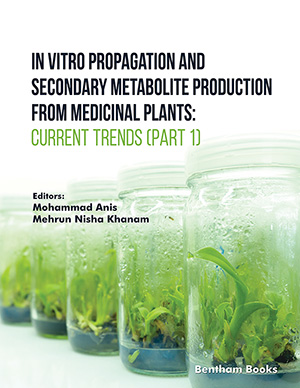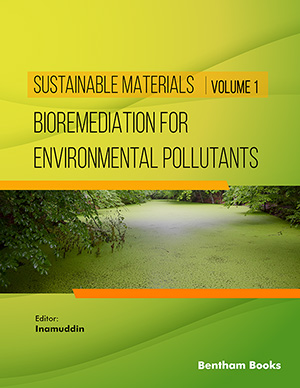Abstract
An indigenous reddish-brown landrace rice of the indica variety known as
Hassawi rice (<i>Oryza Sativa</i> L.) is cultivated in Saudi Arabia. This rice variety has both
nutritive and non-nutritive bioactive components that have therapeutic potential and
promote favorable metabolic profiles. Hassawi rice has health advantages that should
be further investigated, especially for the treatment of diabetes and obesity. There is a
direct need for the conservation and improvement of this important germplasm source.
Breeding efforts are limited, although a couple of hybrids were developed.
Biotechnology approaches offer effective tools for crop genetic improvement. In this
direction, in vitro regeneration of this crop has been developed that enabled the
evaluation of abiotic stress factors. Furthermore, recent genomic studies revealed that
Hassawi rice harbors novel alleles for salinity tolerance. This chapter reviews the
research carried out on Hassawi rice in relation to nutritional and health benefits as
well as secondary metabolites bioactivity and progress made on in vitro culture and
genomics.
Keywords: Abiotic stress, Anti-diabetes, Anti-obesity, Breeding, Genomics, Nutrients, Secondary metabolites.






















